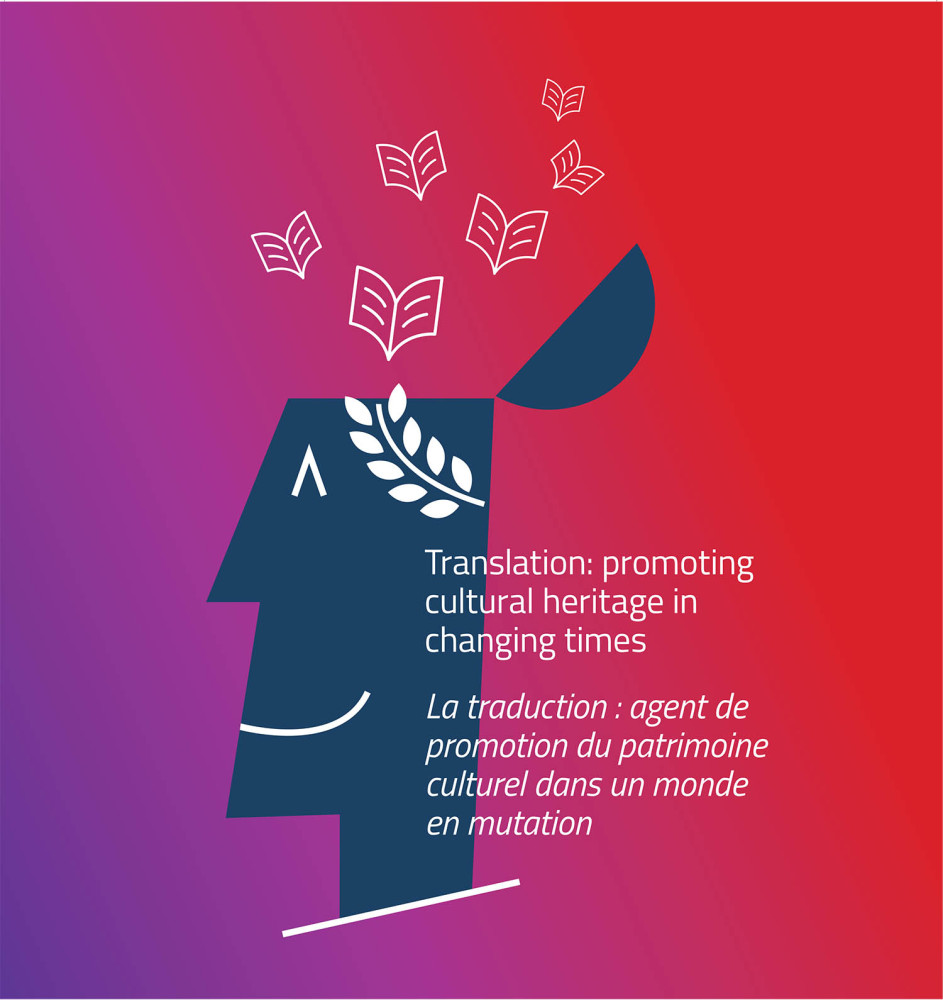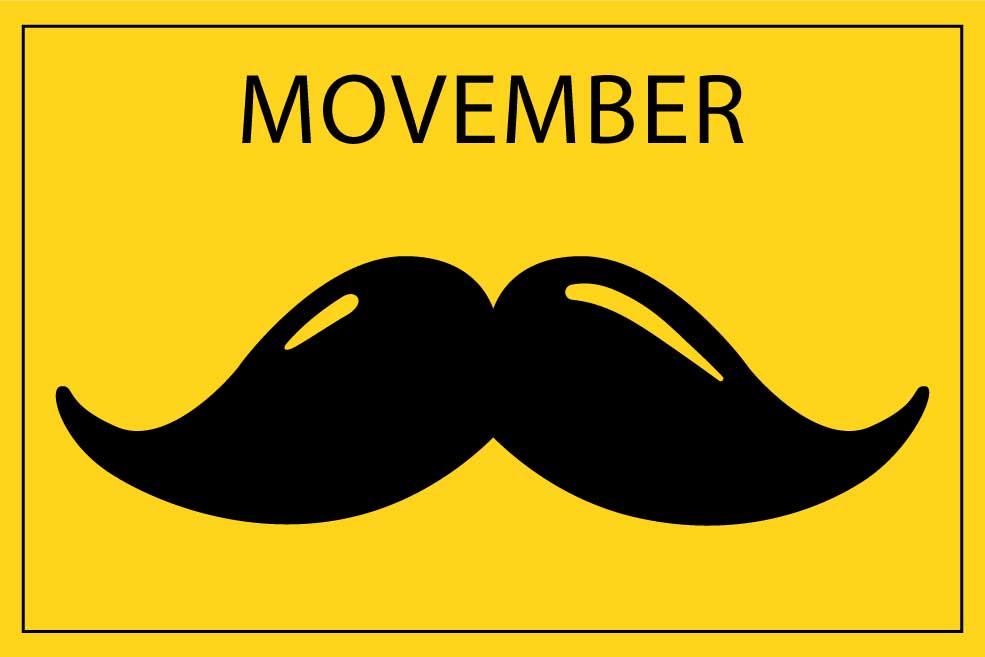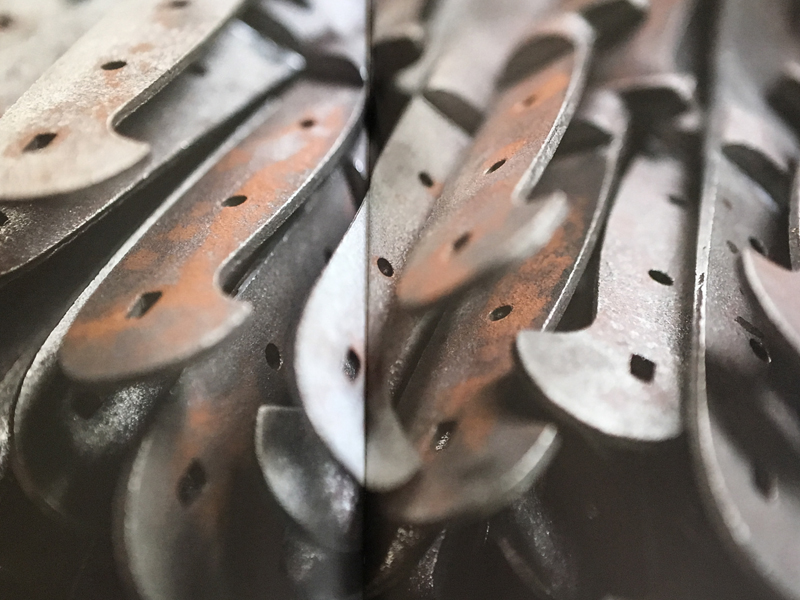Blog

Translation: promoting cultural heritage in changing times
“Promoting cultural heritage in changing times” is the theme chosen by FIT (the International Federation of Translators) for this year’s International Translation Day, celebrated on 30 September.
“As pointed out by UNESCO, cultural heritage does not end with ‘monuments and collections of objects’. It includes intangible cultural heritage such as knowledge, beliefs and practises concerning people, nature and our relationship with the universe.”
In the era of globalisation, we are seeing changes that bring previously separated cultures, countries and continents into face-to-face contact, making opportunities for communication and exchange truly infinite. Keeping our own cultural identities, while recognising, understanding and respecting diversity, is the key to encouraging intercultural dialogue and mutual respect.
In this context, the role of translation in promoting an understanding of the intangible cultural heritage of others finds its raison d’être, with the translator serving as a consultant and promoter of culture, and a solid bridge between different ways of thinking and world views which may otherwise seem irreconcilable.
Intrigued?
We are delighted to be able to invite you to join us for our Translation Open Week 1-5 October 2018: “Everything you always wanted to know about translation but never dared to ask”.
We look forward to welcoming you to our offices where our team will be on hand to answer all of your questions, and discuss ideas and views over a cup of tea or coffee.
Call us now to make your appointment.
References
Ideas and quoted extracts taken from: “Translation: promoting cultural heritage in changing times”, http://www.fit-ift.org/2018-international-translation-day/ (Published on 26 March 2018).

Moustaches, fireworks and roast chestnuts
On the difficulties of translating culture
Moustaches, fireworks and roast chestnuts may or may not take on new meaning for you in November. Translating aspects of culture tied up in everyday language can be harder than it looks.
At LEXILAB, we may have one or two bearded members of the team, we like a good celebration, and we never turn down a tasty autumnal treat but, for us, moustaches, fireworks and roast chestnuts are about more than just that.
At LEXILAB, we work with customers and colleagues based around the world on a daily basis. It is a fundamental part of what we do. This means that we come into contact with a wealth of different cultures, customs and traditions. The very languages we work with are, too, communicators of culture. This can sometimes be a cause of confusion or hilarity if not properly explained to those not armed with the same cultural baggage.
As our everyday lives become increasing global, just like our offices, cultures and traditions find themselves intertwining in realms that were once entirely separate. At certain times of the year, this is particularly evident – and November is a good example.
While for many Brits, November is synonymous with fireworks and bonfires, commemorating Guy Fawkes’ failed Gunpowder Plot on 5th November, for the more culinary-oriented Italians, it evokes roast chestnuts and a good bottle of nouveau wine.
But what about the moustaches?
Skype, a piece of software you are likely familiar with, offers its users a wealth of emojis to communicate with, which can, at times, be rather culture-specific; non-Anglophone users may find themselves baffled as to their meaning. One such example is this little chap:
(Nope, not Sherlock Holmes.)
Skype handily provides a translation for all of its emoji names but, in this case, it somewhat unhelpfully leaves the label “Movember” (one of those famous untranslatable words, perhaps?). All well and good if you know what that means.
Movember is actually a portmanteau, i.e. two words put together: moustache + November (now the title makes sense, right?). In the English-speaking world, it is the name of a cleverly thought-up, high-profile campaign inviting men to grow their moustaches for the month to raise awareness about men’s health (take a look). This year the campaign is celebrating its 10th birthday. As the campaign has grown, the emoji of course has become easier to decipher, but it stands as a reminder of just how difficult it can be to capture a culture, a movement, a campaign, an idea, a concept and translate it across to another culture in which it has no direct reference in society, and into another language which perhaps does not offer the same linguistic flexibility.
Whatever November means for you, be it elaborate moustaches, commemorative fireworks, or autumnal grub, why not take a moment to think about how you might explain it to a foreign friend and voilà! A little taster of a day in the life of a translator.
Have a great month from the LEXILAB team!

ManiAGO – Handmade tales
“ManiAGO – Handmade tales” is a book written by Romeo Pignat with photographs by Ruggero Lorenzi.
The book offers an exploration of Maniago’s rich knife-making history and culture in a collection of interviews presented as stand-alone narrated tales. The book was officially presented to the town of Maniago at its knife-making museum, the Museo dell’arte Fabbrile e delle Coltellerie, on Saturday 22 April 2017 at an event that elegantly brought together various art forms, namely narration, live music and photography.
This event is being repeated on Thursday 20 July 2017 at 8.45 p.m. at the same museum in Maniago and is free of charge. For those curious to find out more about Maniago’s knife-making history, this presentation offers an original format, bringing the stories of the ten local companies featured in this book to life, in a creative and poetic way.
The companies interviewed as part of the writing process are: Archman, Ausonia, Del Tin Armi Antiche, DenTag, Fox Coltellerie, Icar, Leader-cam, LionSteel, Mac Coltellerie and Tecnocut; they craft all kinds of objects and instruments from hairdressing scissors to combat knives, using some of man’s oldest tools, as well as cutting edge modern technology.
Ten families, ten different tales, ten life lessons. This book explores how family and work are intertwined in this industry that draws its strength and inspiration from the local area and culture, guided by a passion for doing, making and creating. Here, hidden inside these workshops, the expert and patient hand of skilled craftsmen fuses with the visionary eye of an artist to produce knives known and loved around the world.
At LEXILAB, we are honoured to have been a part of the making of this book, providing the translation into English, presented in a parallel format alongside the Italian text. We are sure that this decision to make the book accessible to a wider, international market will assist these ten companies in communicating their enthusiasm and knowledge to their existing global customers, as well as attracting new interest. These family-run companies are, after all, made up of people, people with a story to tell and a passion to share, as well as an incredible skill for creating extraordinary pieces of art.
Many thanks to Romeo Pignat and Ruggero Lorenzi for asking us to be a part of this journey and we wish them every success in their venture!
If you would like to find out more about the book and the companies that were interviewed, take a look at the following links:
Primalinea (Romeo Pignat): http://www.primalinea.net/maniago-storie-fatte-a-mano-il-secondo-libro-in-collaborazione-con-ruggero-lorenzi/ (in Italian only)
Archman: https://www.archman.it/
Ausonia: http://www.ausoniatools.com/
Del Tin Armi Antiche: http://www.deltin.it/
DenTag: http://www.dentag.com/wpsite/
Fox Coltellerie: http://www.foxcutlery.com/n/it/home.html
Icar: http://www.icar.com/
Leader-cam: http://leadercam.com/
LionSteel: https://www.lionsteel.it/
Mac Coltellerie: http://www.mac-coltellerie.it/it/home.html
Tecnocut: http://www.tecnocut.net/

